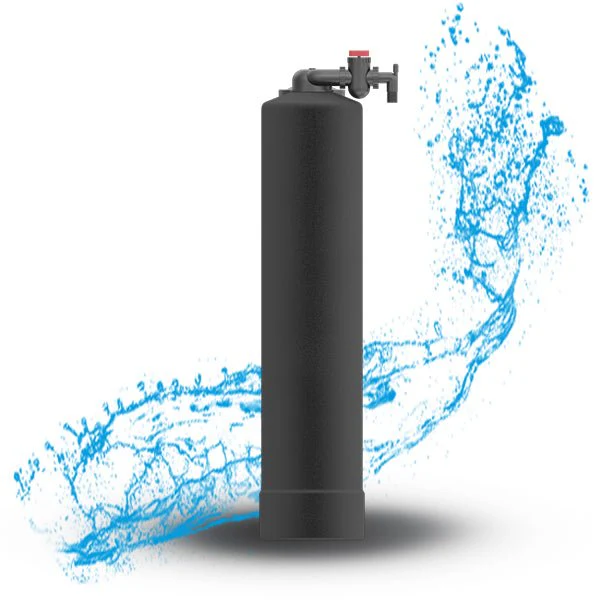Sodium-free water refers to water with a very low or negligible amount of sodium. While all water naturally contains trace amounts of minerals, including sodium, sodium-free water typically has a concentration of sodium that is very low, usually less than 5 milligrams per liter (mg/L). This is important for individuals who need to limit their sodium intake due to health conditions like hypertension (high blood pressure), kidney disease, or heart disease.
Key Considerations:
- Types of Sodium-Free Water:
- Distilled Water: Water that has been purified through distillation, a process where water is boiled, and the steam is collected and condensed, leaving behind most dissolved minerals, including sodium.
- Deionized Water: Water that has been treated to remove most of its ions, including sodium ions, using ion exchange resins or other methods.
- Reverse Osmosis (RO) Water: Water filtered through a semi-permeable membrane, which can remove sodium and other impurities. The sodium level in RO water depends on the quality of the system.
- Uses of Sodium-Free Water:
- Medical and Health Needs: People on sodium-restricted diets or those with certain medical conditions may require sodium-free water for hydration.
- Laboratory and Industrial Applications: In labs and industries like pharmaceuticals, where pure water with minimal ions is needed for experiments or manufacturing processes, sodium-free water is often used.
- Cosmetic and Skin Care Products: Sodium-free water is used in the formulation of products to avoid irritation for individuals sensitive to sodium.
- Concerns and Misconceptions:
- Electrolyte Balance: Water that is too low in sodium may not provide the electrolytes needed for proper bodily function. However, the sodium in drinking water is usually too low to significantly impact electrolyte balance unless one has specific health issues.
- Taste: Some people may find sodium-free water slightly bland or flat because of the absence of minerals.
Monitoring Sodium Levels:
Water treatment companies, like Green Water Concepts India Pvt Ltd, can use advanced water testing methods, such as:
- Ion-selective electrodes to measure sodium concentrations.
- Titration and atomic absorption spectroscopy to analyze water for specific ion content.



